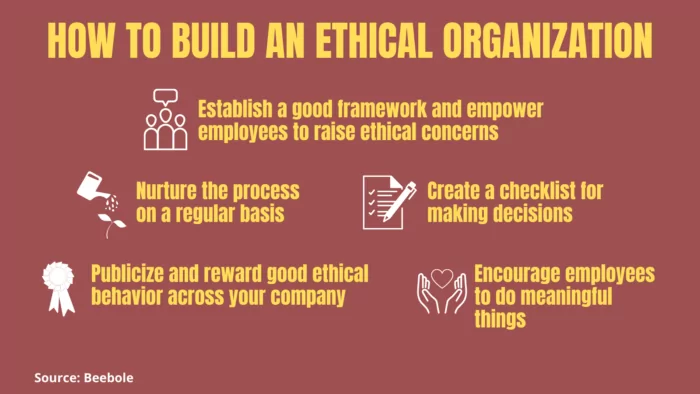Why Should A Corporation Or Organization Be Moral

Corporate morality isn't just a nice-to-have; it's a critical survival strategy in today's world. Ignoring ethical considerations exposes organizations to significant risks, impacting everything from their bottom line to their long-term viability.
This article delves into the imperative of moral conduct for corporations and organizations. It explores the multifaceted benefits of ethical behavior, the detrimental consequences of its absence, and offers insight into fostering a culture of integrity.
Reputation and Brand Value
A company's reputation is its most valuable asset. Ethical conduct directly translates to a positive brand image, fostering consumer trust and loyalty.
Conversely, unethical behavior can devastate a brand, leading to boycotts and lost revenue. Numerous studies confirm consumers are increasingly likely to support companies with strong ethical track records, and avoid those with questionable practices.
Employee Engagement and Retention
Moral organizations attract and retain top talent. Employees want to work for companies they can be proud of, where their values align with the organization's.
According to a recent Gallup poll, employees who believe their company has a strong ethical culture are significantly more engaged and productive. High employee engagement boosts morale, reduces turnover, and ultimately improves performance.
Investor Confidence and Financial Performance
Investors are increasingly scrutinizing the ethical practices of companies before investing. Environmental, Social, and Governance (ESG) factors are now mainstream investment considerations.
Companies with strong ESG performance often outperform those with weaker scores. Ethical behavior mitigates risks and unlocks opportunities for long-term sustainable growth.
Legal Compliance and Risk Mitigation
While legal compliance is essential, ethical behavior goes beyond the bare minimum. A strong ethical culture reduces the likelihood of legal violations and costly fines.
Proactive ethical practices can prevent scandals, improve corporate governance, and foster a culture of accountability. Ignoring ethical considerations increases the risk of lawsuits, regulatory scrutiny, and reputational damage.
Long-Term Sustainability
Ethical organizations focus on long-term sustainability, considering the impact of their actions on all stakeholders. This includes employees, customers, communities, and the environment.
By embracing ethical principles, organizations can build a more resilient and responsible business model.
"Doing what is right is not always easy, but it is always the right thing to do."
How to Cultivate a Moral Organization
Cultivating a moral organization requires a commitment from leadership. This includes setting a clear ethical tone, implementing robust ethics policies, and providing ethics training to employees.
Establishing whistleblowing mechanisms and promoting a culture of open communication are also crucial. Regular ethical audits and assessments can help identify potential risks and ensure ongoing compliance.
The Consequences of Immorality
The consequences of corporate immorality can be severe and far-reaching. Enron's collapse, Volkswagen's emissions scandal, and the Wells Fargo account fraud case serve as stark reminders of the devastating impact of unethical behavior.
These examples demonstrate that unethical practices can lead to financial ruin, criminal charges, and irreparable reputational damage.
Moving Forward
The shift towards stakeholder capitalism demands greater corporate responsibility. Organizations must prioritize ethical considerations alongside financial performance.
Businesses need to proactively integrate ethics into their core values and operations. Continuous monitoring, evaluation, and improvement are essential to ensure ongoing ethical conduct.
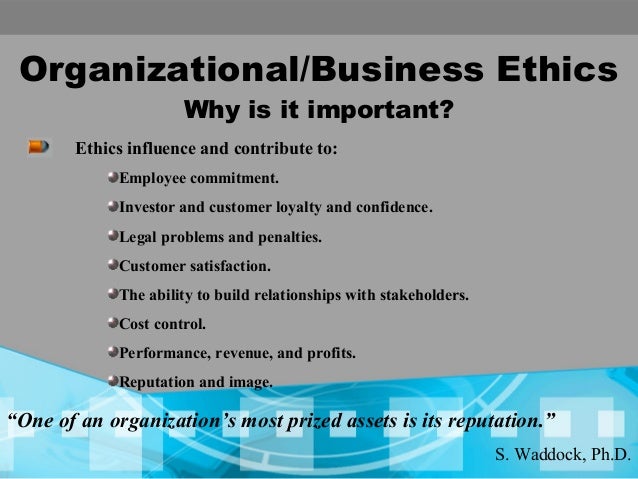
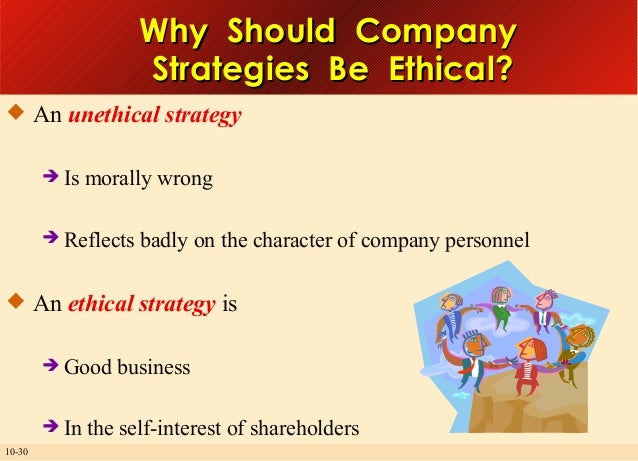
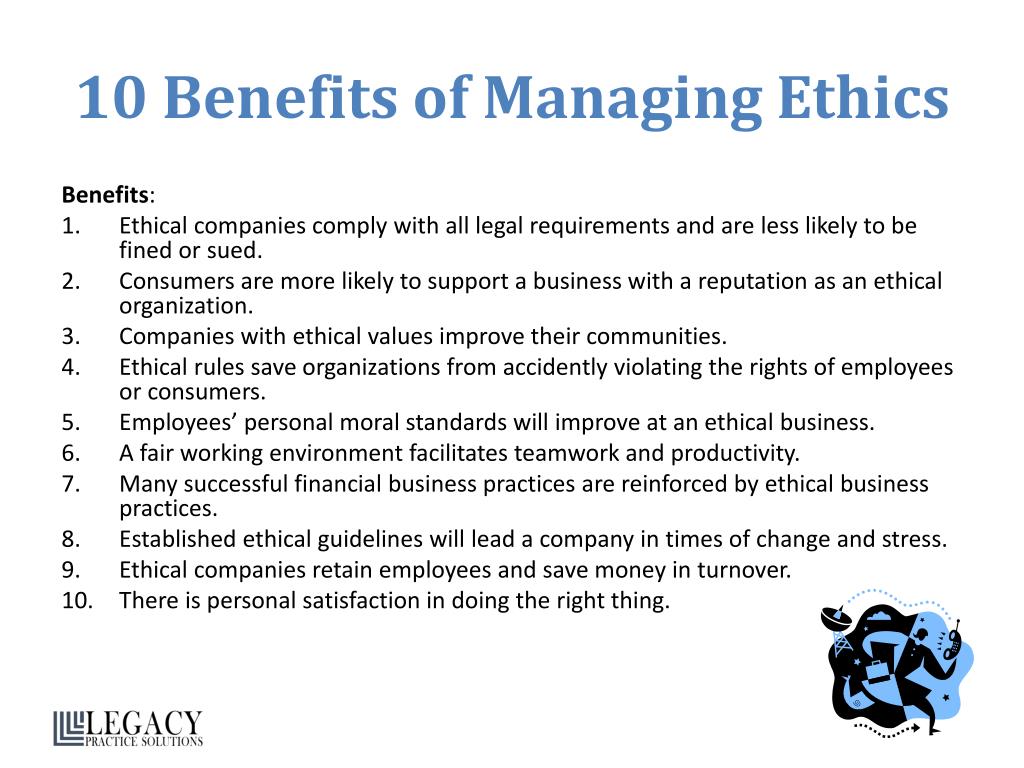
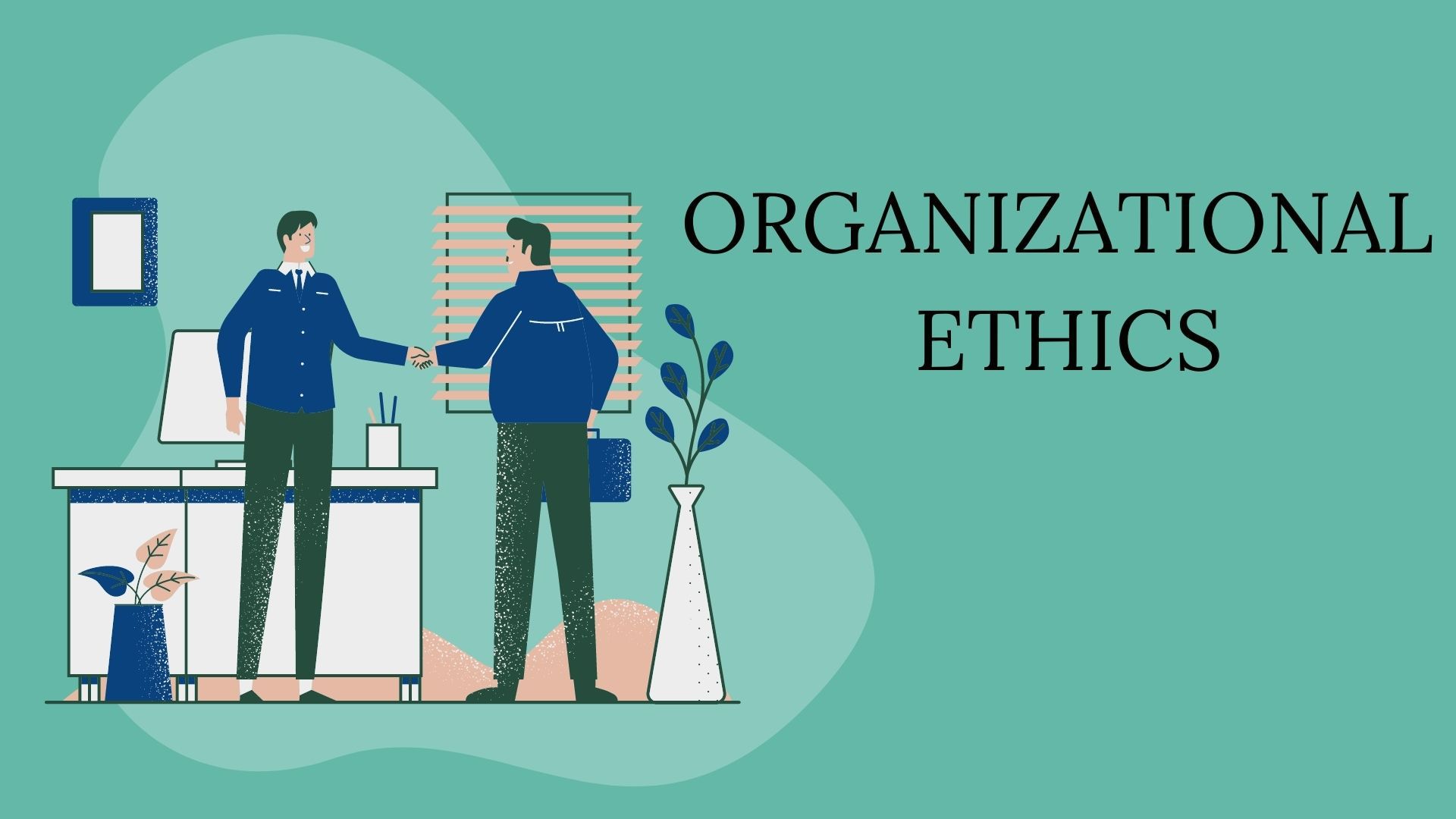


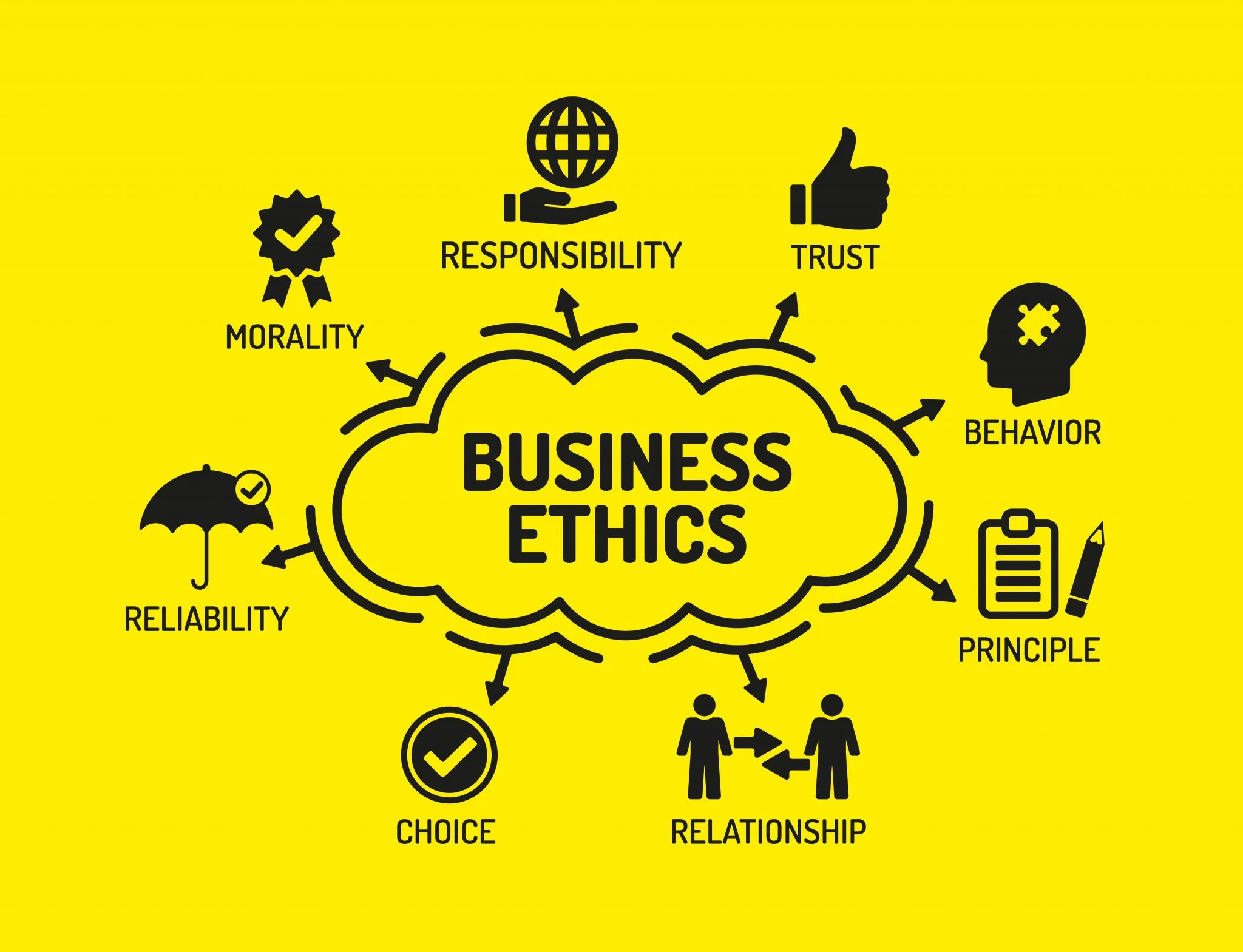


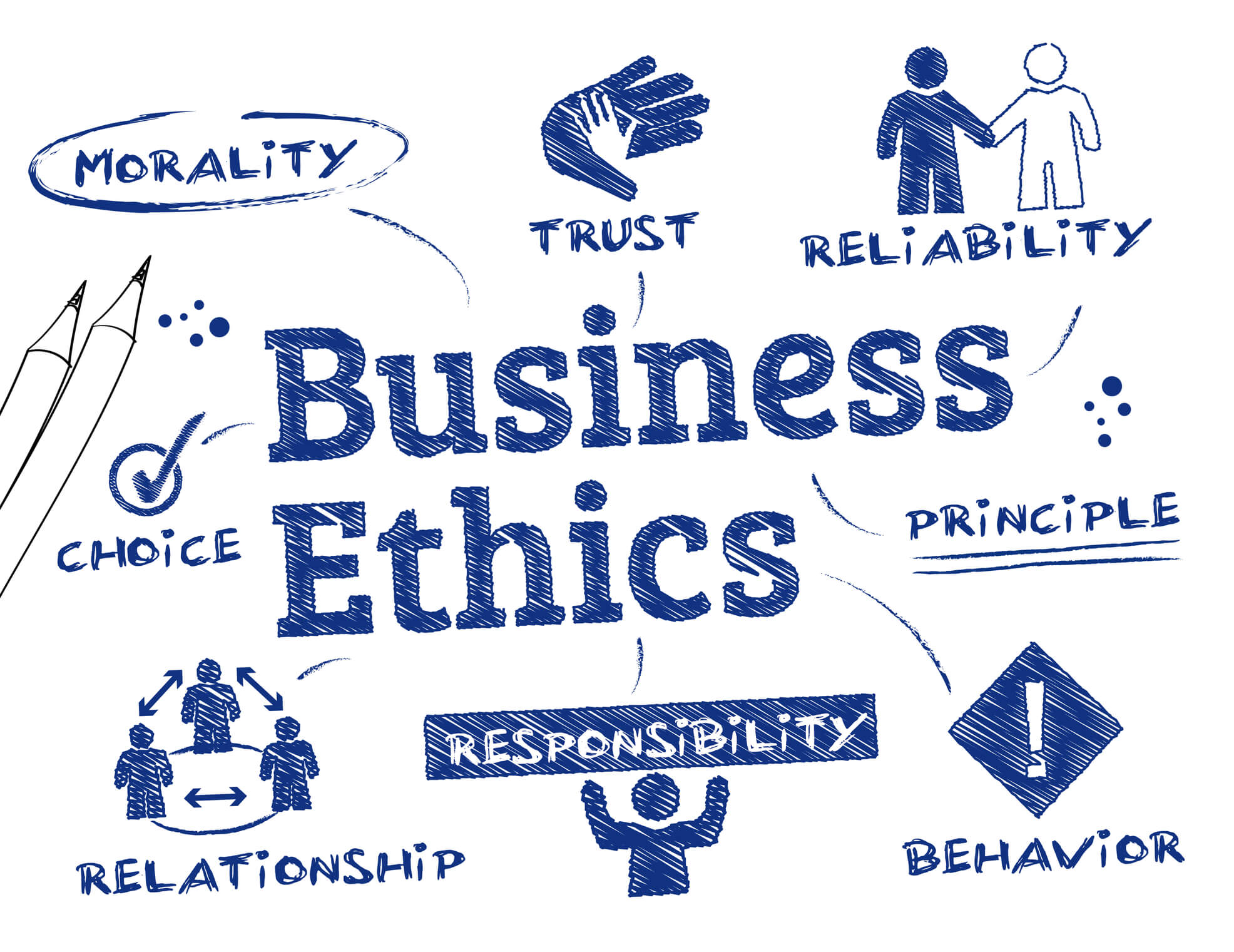
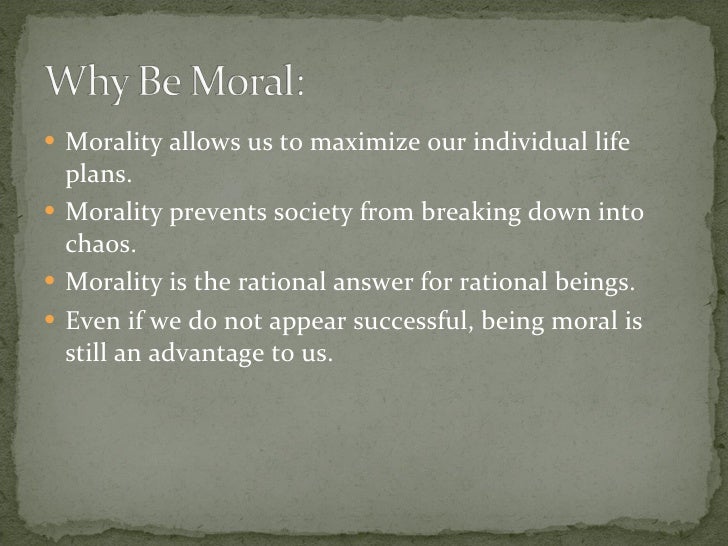
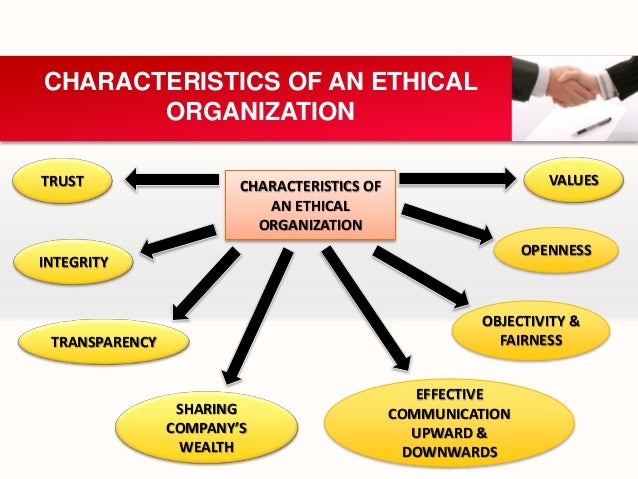



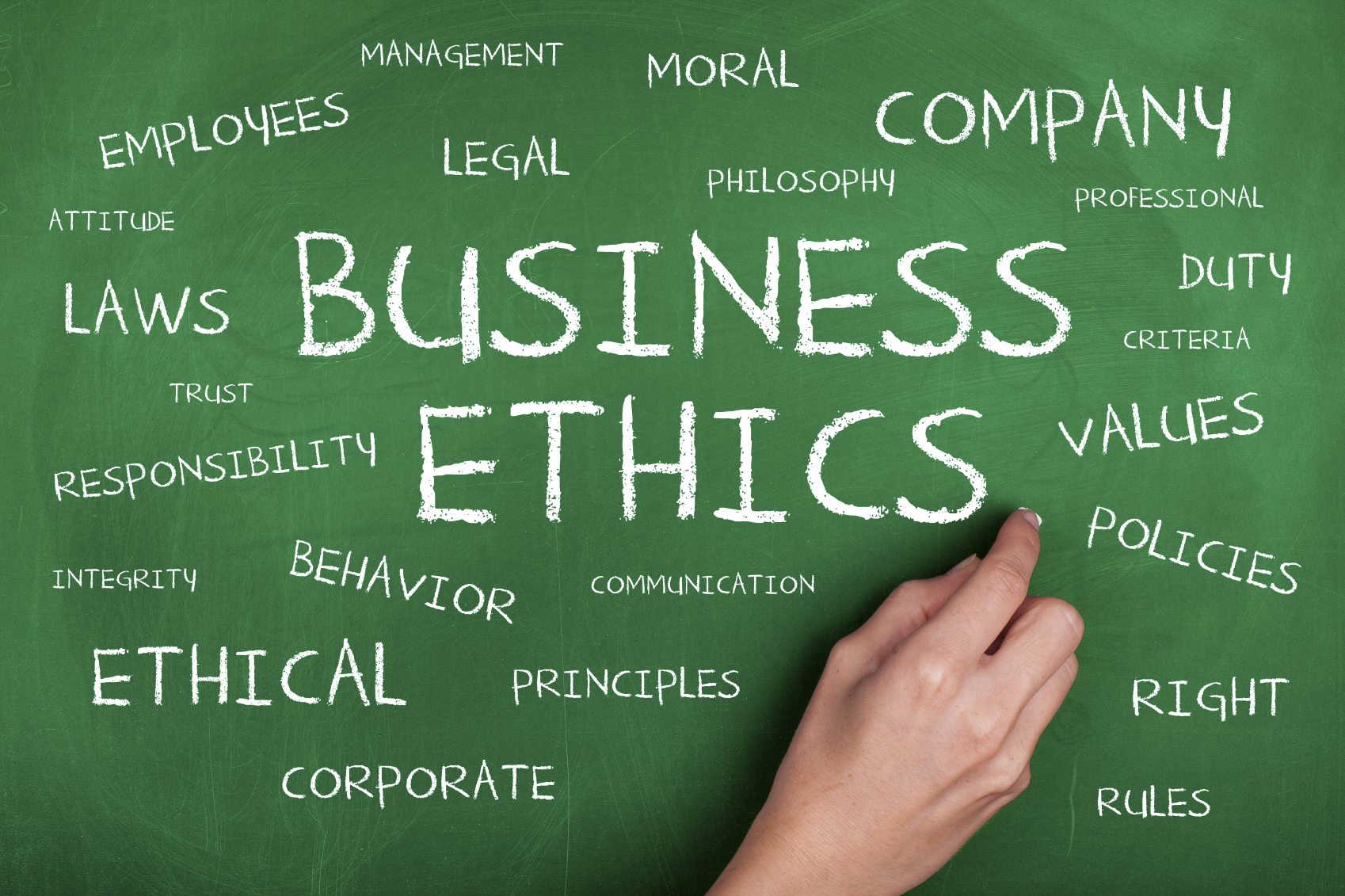
:max_bytes(150000):strip_icc()/business-ethics_final-78b960a3df9a4f5b9b44b77e831323b2.jpg)
